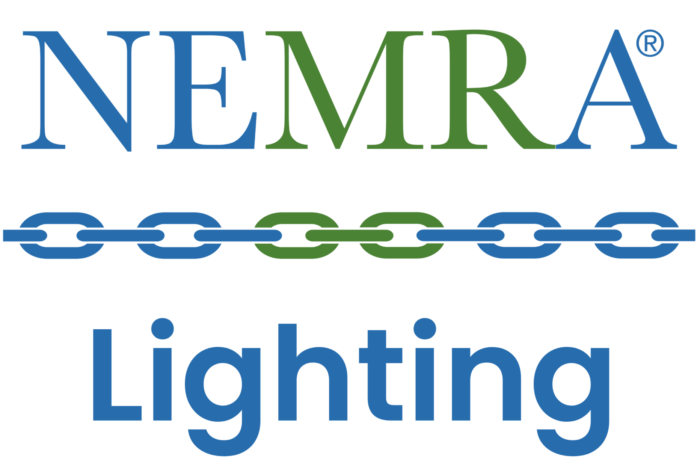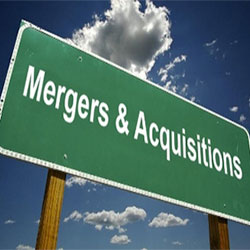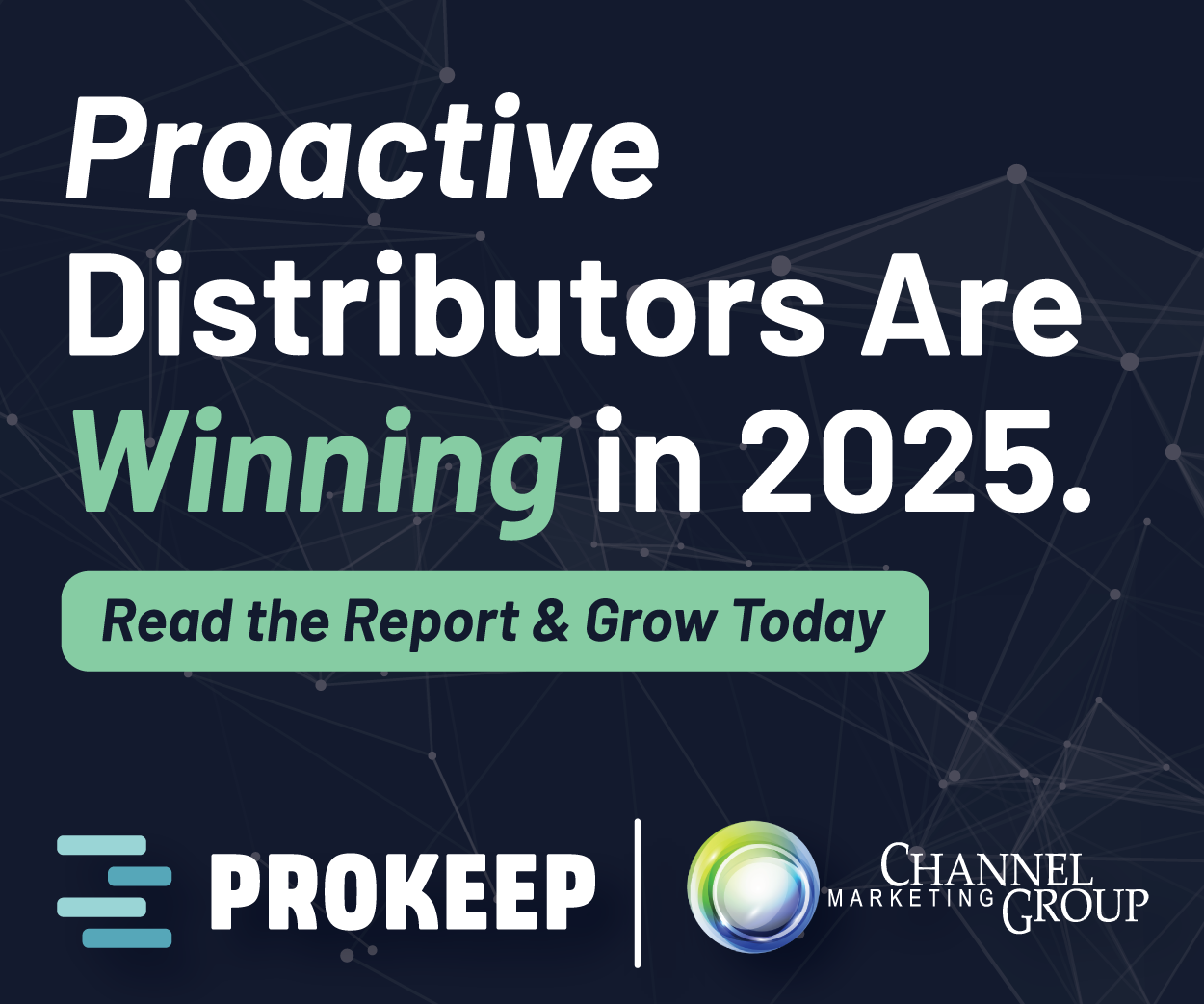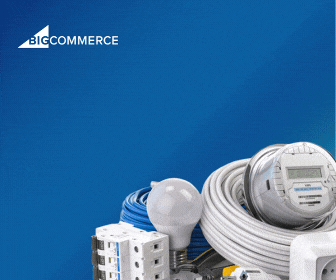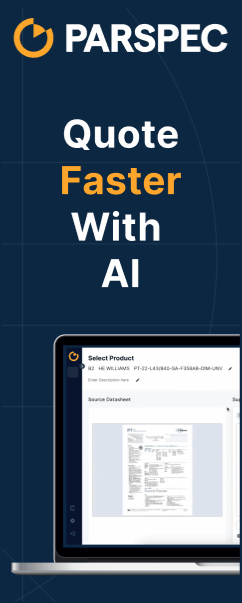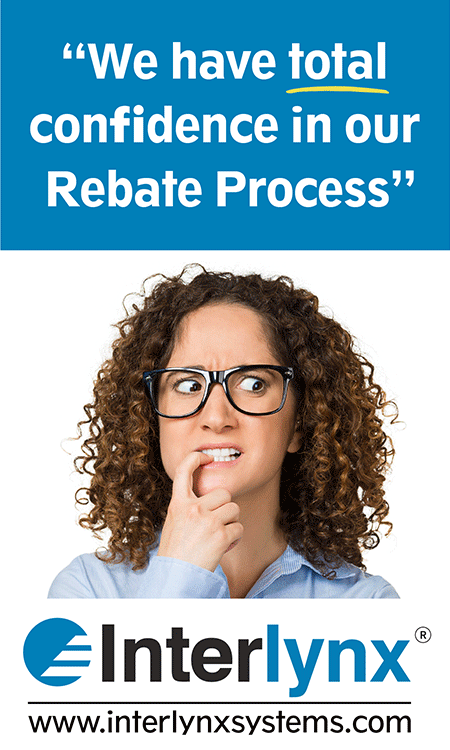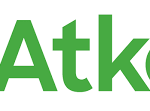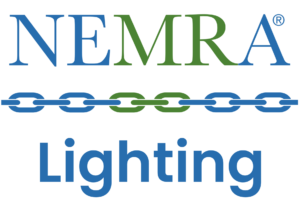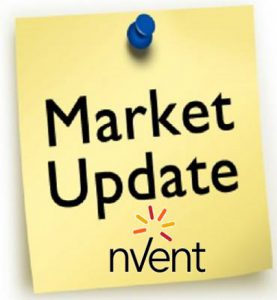Atkore Graded by Fitch

Atkore, a leading electrical raceway company perhaps best known for its Allied Tube & Conduit and AFC brands amongst its 20+ brands, was recently assigned its first-time Issuer Default Ratings (IDR) by Fitch, the financial ratings service.
The rating shares some information about Atkore and it is interesting as Fitch is the service that rates bonds, of which Atkore recently issued $400 million worth to repay a portion of a term loan.
In the Fitch report highlights Atkore’s size ($2 billion), leverage (1.6x but expected to moderate to low 2.0x as it executes its M&A strategy and repurchases shares), and business.
Fitch Report
The following is from the Fitch’s report on Atkore.
“Fitch Ratings has assigned Atkore Inc. and Atkore International, Inc. first-time Issuer Default Ratings (IDR) of ‘BB’. Fitch has also assigned ‘BBB-‘/’RR1’ ratings to the company’s first-lien ABL revolver and ‘BB+’/’RR2’ ratings on the first-lien term loan. The Rating Outlook is Stable.
The IDRs take into account Atkore’s leading market position in electrical raceway products in the U.S., moderate financial leverage, and healthy cash flow generation. These factors are offset by Atkore’s relatively narrow product line, the low technology and commoditized nature of its products, its significant exposure to the cyclical U.S. commercial construction market and commodity cost exposure.
KEY RATING DRIVERS
Leading Market Positions: Atkore’s leading market position is supported by a broad offering within its categories, high product quality and timely deliveries. This helps Atkore compete in a market characterized by low technology and commoditized products, primarily conduit tubing and framing for electrical work. Competition is meaningful given the relatively substitutable nature of the company’s products and a wide range of national and smaller regional competitors.
Cyclical Non-Residential Construction Market: U.S. non-residential new construction accounts for a significant 30%-40% of Atkore’s business. Volume declines in fiscal 2020 were focused in highly impacted subsectors such as retail and hotel, and have been offset in part by construction in data centers, warehouses, renovation and single-family residential. Fitch expects these trends to continue through fiscal 2021, with a recovery in the most damaged subsectors not expected until 2022.
Commodity Exposure: Atkore’s profitability is exposed to the price fluctuations of commodities such as PVC resin, copper and steel; however, the company has shown the ability to quickly pass-through higher input costs in its prices. In periods of high input material inflation, the company may experience a time lag to recoup pricing. Atkore’s Electrical segment (75% of sales) generally sells its products on a spot basis, while its Safety & Infrastructure segment (25% of sales) maintains contracts with its OEM customers that typically experience a three-month lag for selling prices to catch up to commodity price changes.
Moderate Financial Leverage: Atkore’s leverage is moderate for the ‘BB’ category, with the company having focused on deleveraging the business over the past few years. Gross leverage (total debt/EBTIDA) improved to 1.6x at March 31, 2021 from 2.5x at September 2020, but it will likely trend toward the low-2.0x range as the company executes its M&A strategy and continues to repurchase its shares.
Improving Profitability: Atkore’s EBITDA and FCF margins can vary year-to-year but have been on a generally improving trend over the past four years. Atkore’s sales declined 7.9% to $1.8 billion in fiscal year 2020 (Sept. 30, 2020), primarily due to lower volumes and lower selling prices during the height of the pandemic. Revenues have recovered relatively quickly, returning to a growth in fiscal 2021. The company’s recent results have further benefitted from recent supply shortages in PVC electrical conduit, leading to a surge in prices and EBITDA margins in fiscal 2021. Fitch assumes that market conditions will normalize in fiscal 2022, when EBITDA margins are expected to return to around the fiscal 2019 level of 18.7%.
Solid FCF: Atkore generated FCF of $200 million in fiscal 2020, and Fitch projects the FCF will improve to around $300 million, or 12%-13% of revenues, in fiscal years 2021 and 2022, supported by higher EBITDA. Fitch expects cash flow will be deployed to bolt-on M&A and share repurchases with the potential for a larger, leveraging acquisition. The company has adequate liquidity consisting of healthy cash balances, ABL revolver availability and no significant maturities until 2026.
DERIVATION SUMMARY
Atkore is a diversified manufacturer of electrical and tubular products serving mainly the non-residential construction markets in the U.S. Atkore’s competition ranges from small, regional manufacturers to large global industrial companies and electrical equipment manufacturers such as Eaton Corporation (BBB+/Negative), nVent Electric (BBB-/Stable) and Hubbell Inc. (A-/Stable), which maintain more diversified portfolios with products possessing a higher degree of technology. Atkore’s rating is disadvantaged by its outsized exposure to the cyclical non-residential construction markets, although this is somewhat offset by its somewhat diverse exposure to various subsectors with the industry. Atkore’s rating is supported by its moderate size with revenues near $2 billion.
KEY ASSUMPTIONS
- Fitch assumes fiscal 2021 organic growth of 40% driven to a large degree by higher selling prices due to supply and demand imbalances in PVC. Revenues in 2022 decline by 20% due to assumed declines in prices of steel and PVC and competitive pressures.
- EBITDA margins increase by around 800bps in fiscal 2021 driven by increased demand and industry supply constraints. EBITDA margins decline in 2022 by a similar amount due to a normalization of industry supply and demand and competitive price pressures.
- Leverage drops to 1.2x (Total Debt with Equity Credit / Operating EBITDA) in 2021 and trends back towards the company’s target at 2.0x-2.5x by 2024 as the company executes its acquisition strategy.
- FCF margins are expected to be in the low double digits.
RATING SENSITIVITIES
Factors that could, individually or collectively, lead to positive rating action/upgrade:
- Debt/EBITDA below 2.0x through the cycle.
- A significant improvement in product and end market diversification that reduces cyclicality.
- A demonstrated improvement in margins through cycles.
Factors that could, individually or collectively, lead to negative rating action/downgrade:
- Debt/EBITDA above 3.0x for a sustained period.
- A significant decline in sales and/or margins that signals intensifying competition or an inability to pass on increased commodity prices.
- Challenges in integrating a larger, debt-funded acquisition.
BEST/WORST CASE RATING SCENARIO
International scale credit ratings of Non-Financial Corporate issuers have a best-case rating upgrade scenario (defined as the 99th percentile of rating transitions, measured in a positive direction) of three notches over a three-year rating horizon; and a worst-case rating downgrade scenario (defined as the 99th percentile of rating transitions, measured in a negative direction) of four notches over three years. The complete span of best- and worst-case scenario credit ratings for all rating categories ranges from ‘AAA’ to ‘D’. Best- and worst-case scenario credit ratings are based on historical performance. For more information about the methodology used to determine sector-specific best- and worst-case scenario credit ratings, visit https://www.fitchratings.com/site/re/10111579.
LIQUIDITY AND DEBT STRUCTURE
Liquidity: As of March 26, 2021, Atkore had adequate liquidity of $620 million, which consisted of $304 million in cash and cash equivalents ($53.2 million of which was held at non-U.S. subsidiaries) and $316 million in available funds under its $325 million ABL revolver. Fitch expects the company to have adequate liquidity to fund growth, including capital expenditures of around $55 million per year and growth in working capital.
Capital Structure: As of March 26, 2021, the company’s debt consisted of $772 million outstanding on its term loan B.”
Thoughts
- Strong financials and Atkore has strong cash flow to support reinvestment with further plans for M&A and repurchasing its stock.
- Strong correlation to new construction.
- The power of pricing is prevalent given Fitch’s 2022 forecast
- The growth plan is acquisition … perhaps to diversify
from its new construction dependency or to leverage its strength in serving the
infrastructure of those projects?
- What product categories do you think Atkore will pursue next? Perhaps a wire company? Perhaps other “rough-in” products?
As the year has progressed, how has Atkore performed given the supply chain challenges?



